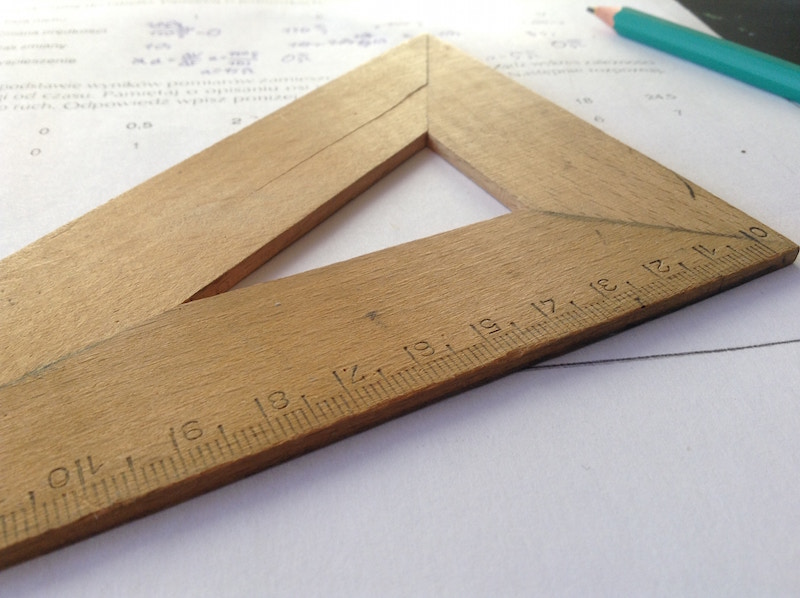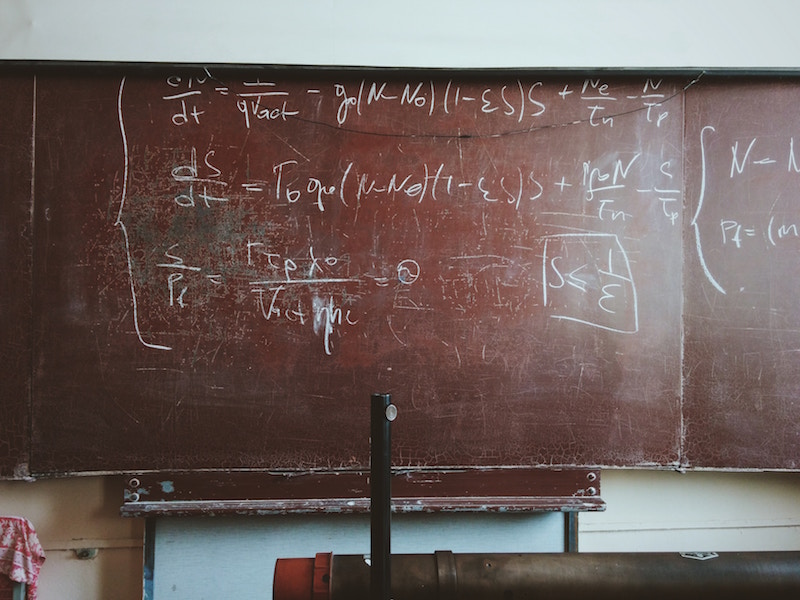This week we gift to you a useful blog from Annabelle Fee; part of the Content and Community team at SmileTutor, who share valuable teaching content to their community… and now ours!
Mathematics is often considered to be the hardest subject by many students. Some of them won’t even make an effort because they’ve immediately decided that they are bad at it. Nevertheless, the level of mathematics that is required by the education standards should be achievable to most students if they prepare well. And while a lot of responsibility lies with the class work, the preparation at home is crucial. A good teacher should guide students through their home study by giving them advice and appropriate homework. Here are the top five tips to give to students.
 1. Practice daily
1. Practice daily
Repetitioest mater studiorum. This is the golden rule of student life, but especially when it comes to math. Unless the student is a math genius, they will need to practice daily until the rules they are studying enter their system, once they know the simple rules, they can get more creative with difficult tasks. Practicing is not something of which they should be ashamed. Make sure to tell them this honestly and without looking down on people who need more practice. You can help them by giving constant homework – better to have daily homework than once a week a handful of pages.
2. Incorporate all the previous topics, not just the current one
When students practice, they often concentrate only on the current topic. A good tip to give is to incorporate at least one or two exercises from different areas, just to keep them fresh in their mind. You can also add to this by having some of the old exercises in the homework you give them. After not doing a certain type of exercise for a long time, students tend to forget how to do it, which can be a problem with final exams. This tip and your diverse homework can make finals a lot easier and pre-final time a lot less stressful.
 3. Do as much as possible without calculator
3. Do as much as possible without calculator
This is a simple tip but in today’s world with so much technology around us, it is rarely followed. Students, away from their tutors’ eyes, use their phones for even the simplest math. Doing homework without calculators can help during exam time, when calculators are often not allowed. It makes us calculate quicker. This is not something you can control, since homework is done at home, but make sure you point of the benefit of final exams so they know it is not just your rebellion against the technology.
4. Feel free to ask for help, but first try to do it by yourself
A lot of students see a more difficult or creative exercise and decide they cannot do it, without even trying first. It is ok not to know something, and it is ok to go to a teacher or a tutor to ask for an explanation. But the student should first try their own a couple of times. Telling them to try to first solve the problem by themselves is good advice to give them because it will not only help them in exams when they cannot ask for an explanation but also with their future lives when they won’t always have someone to explain to them what they don’t understand.
 5. Verbalise
5. Verbalise
One of the best pieces of advice I was given in high school was “when you have issues with a certain topic, try to first verbalise what you think you should do, and then do the math.“ Sometimes the numbers are arranged in a new way and the situation looks so unfamiliar that it is hard to see where to start. Talking through the problem helped me understand what the issues were and then it was easier to work around solving them. This is rarely told to math students because math is not associated with words, but for some, especially for people who are more word-oriented, this can be golden.
Hopefully this will help your students to study more efficiently for their exams. The best thing you can do is to show them that you expect them to succeed if they work hard. Believing in your students matters more than words can describe; it is one of the strongest motivators.
Want to teach Mathematics abroad next year? Sign up to Teacher Horizons here and check out all of our exciting Maths jobs here!




